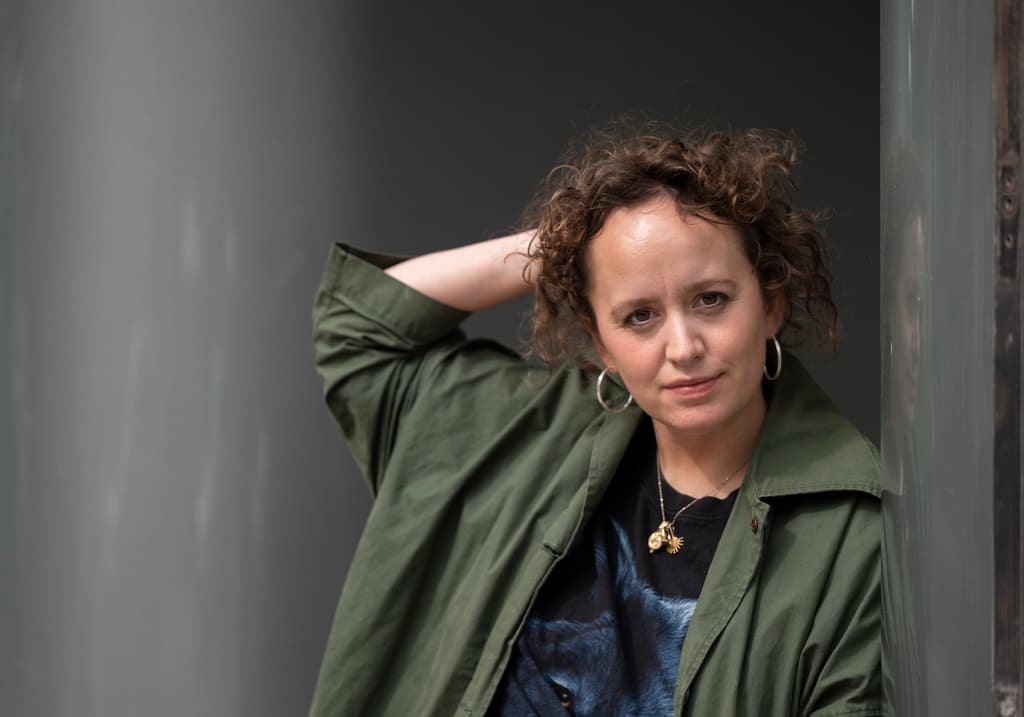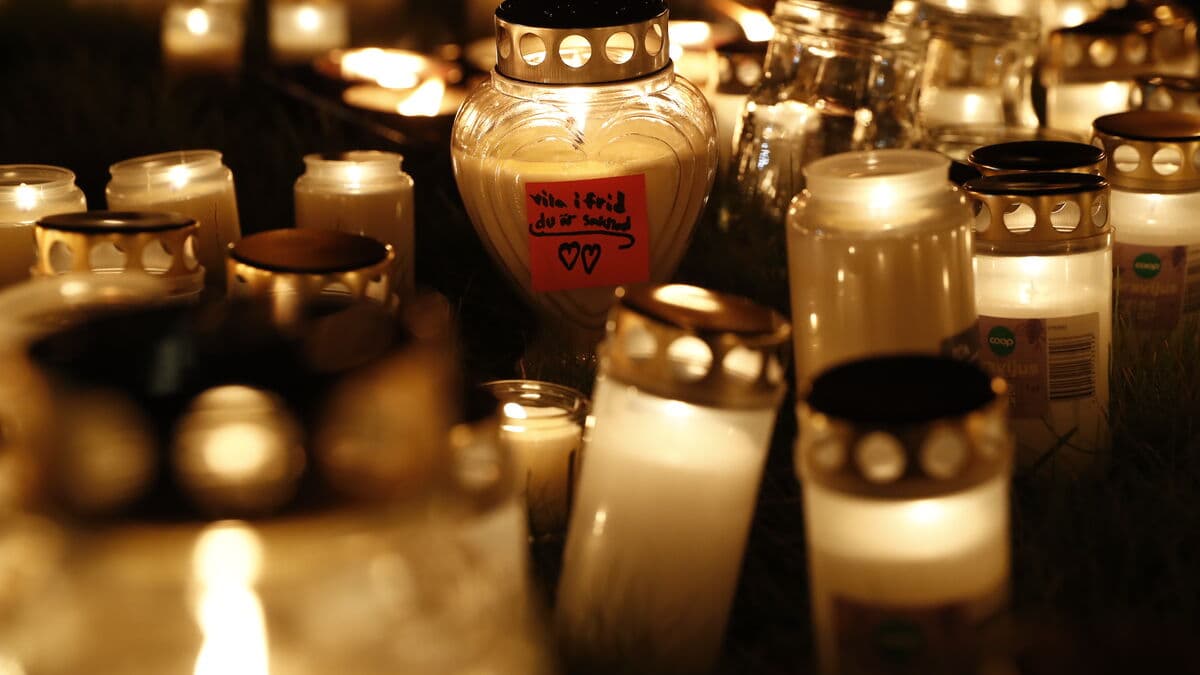There has been more research on herring than on people who were burned at the stake, says Olga Ravn in amazement at a Swedish café. In her new book, she wanted to highlight the witch trials of the 17th century, but without claiming to know what the condemned women thought.
So she gives voice to a wax doll – a kind of Scandinavian voodoo doll. Through it, she portrays the unmarried noblewoman Christenze Kruckow and her female friends, who were sentenced to death for witchcraft.
The doll is a narrator who on the one hand has experienced the historical, but on the other hand does not quite understand it. I thought that's a position I can have, she says.
Female Community
Olga Ravn was praised for "My Work" which came out in 2021, where she portrayed her own postpartum depression. After two births, she began to wonder about the lack of female communities – and why loyalty to the nuclear family always came first.
It was a transcendental experience to give birth, which most expanded my consciousness. It's philosophy, poetry, and religion – which then becomes diapers and coffee. The contrast is our condition. So "The Wax Doll" is an extension of "My Work", because it's about the history of women's communities.
With three laws, the power in Denmark wanted to create a Protestant state in the 17th century, claims Olga Ravn. The king criminalized witchcraft in 1617 and simultaneously banned luxury and extravagance. At the same time, the meaning of the term "best friend" changed – "god sibling" became "gossip", rumor, explains Olga Ravn meaningfully. Women in groups were seen as threatening – one of the strongest pieces of evidence against Kruckow was a fisherman who saw her "doing something together" with other women through a window.
We think the witch trials were the last gasp of the Middle Ages, but I think we should see them as the first spadefuls of the modern state. For me, the trials are not something in the past, says Olga Ravn, who means that the threat of punishment still hangs over:
When women start deviating too far from the nuclear family, "the priest" arrives.
Understanding Violence
In addition to the formal historical sources, Olga Ravn has also devoured books on folk magic, which include instructions on how to become invisible.
It's never happened, so what's the function of the text? I think of it as poetry, I found a whole literary tradition. It was very important for me to engage in dialogue with it.
She has also felt a "deep need" to understand the brutal violence against women in a controlled environment.
That's something you can do in literature.
Born: 1986
Lives: In Copenhagen
Family: Husband and two sons, 4 and 8 years old.
Background: Debuted in 2012 with the poetry collection "I Eat Myself as Heather". "The Employees" (2018) was shortlisted for the International Booker Prize and nominated for The Ursula K Le Guin Prize for Fiction and National Book Award. The novel "My Work" (2021) was awarded Politikens Litteraturpris and led to updates of Denmark's parental leave laws.
What are you reading: "I'm having a horror period. So I've read Daphne du Maurier's 'The Birds' with great pleasure and I've read a fantastic Belgian book called 'The One Who Never Knew Men' by Jacqueline Harpman. And 'The Year of the Donkey' by Athena Farrokhzad."






